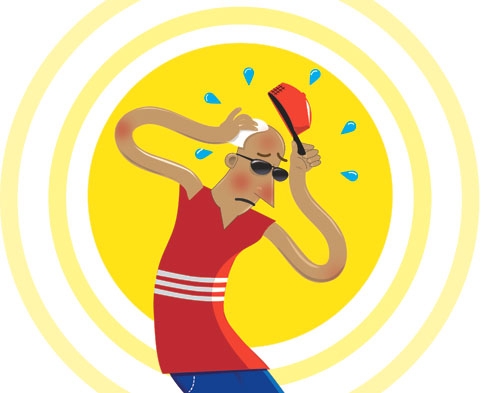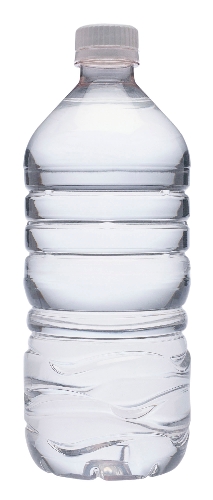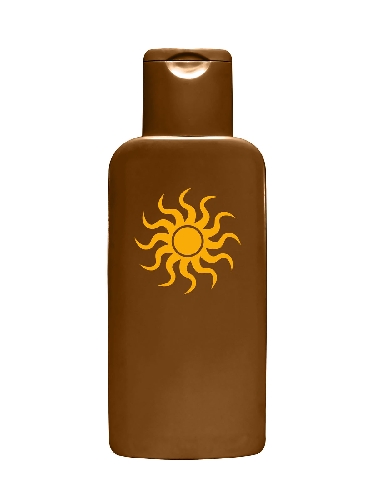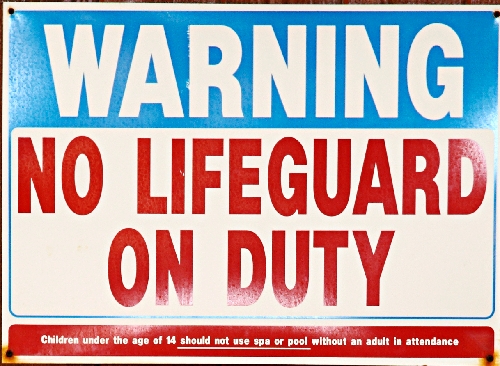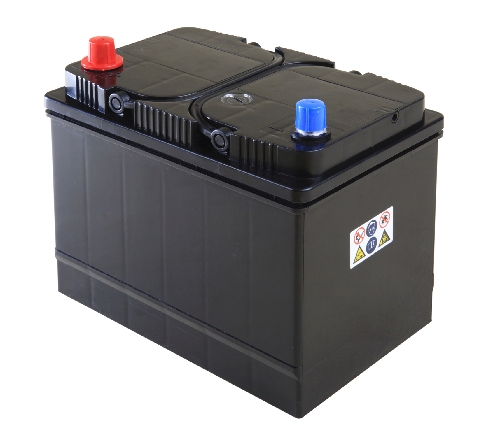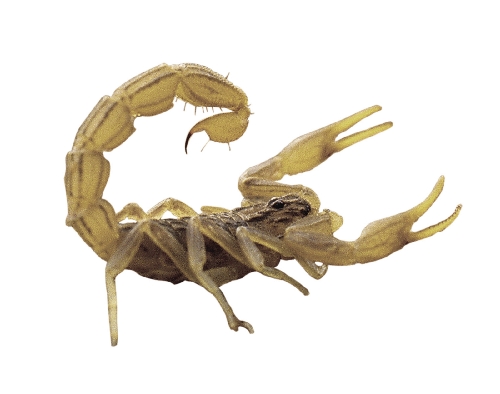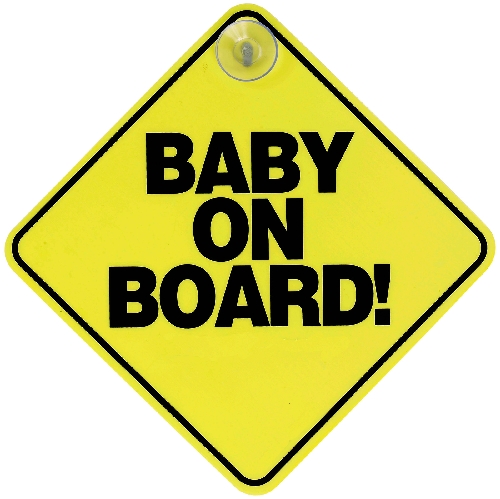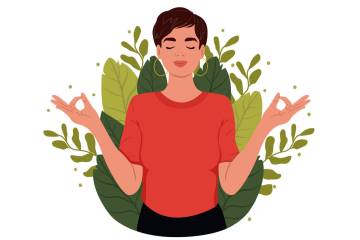From water to car doors, it’s back to basics when respecting the desert’s dangers
Most of what you are about to read will seem obvious. But the unfortunate Las Vegans who die or are injured each year as a result of obvious summer hazards didn't think they needed a refresher course, either.
Now pay attention, class. There will be a test.
STAY HYDRATED
One of our built-in feedback mechanisms triggers thirst whenever fluids get low. We have all learned to rely on this mechanism. The ultimate cruel joke is that, when the body gets hot enough, the system fails.
"Heat overloads it and it stops working," Dr. Stephen Miller of Internal Medicine Associates says, "so you don't perceive that you're getting dehydrated."
Alcohol, some antidepressants and certain medications amplify this effect.
In 2010, the Clark County Coroner's Office attributed 46 deaths to heat, an increase of 26 from 2009 (and six from 2008). All could have been avoided with ample hydration.
Miller recommends an emergency half-gallon of water in your trunk at all times. And, in the direct summer sun, at least one mouthful of water every 10 minutes. (Gatorade is fine, although it's beneficial primarily when performing heavy aerobics or other strenuous activities.)
BLOCK THE SUN
Las Vegans have about twice the incidence of skin cancer as the national average, according to Dr. Robert Strimling of the Strimling Dermatology, Laser & Vein Institute.
Strimling recommends a sunblock with an SPF of 30 or higher, that deflects both UVA and UVB rays. And if you sweat or swim, reapply.
Kids, especially, need protection. "All sun damage is bad," Strimling says, "but early sun damage seems to be more related to skin cancers later in life."
And if your sunscreen is more than two years old, toss it. Its active compounds are already breaking down. (Manufacturers suggest a shelf life of three years. But that's cut short by the extreme temperatures common in Las Vegas cars and houses.)
GUARD YOUR POOL
Last year in Southern Nevada, 22 children required medical attention following a submersion incident. Three drowned. Just last month, a 23-month-old North Las Vegas boy was found dead in his family's backyard pool while supposedly being watched by a family member.
"It's silent," explains Las Vegas Fire and Rescue spokesman Tim Szymanski. "They're not going to shout out for help, they're not going to splash because it's a new experience for them. They don't know what it is."
Szymanski recommends fencing off any standing body of water on your property, and always locking the gate. If fences are not financially feasible, restrict outdoor access by locking all windows and patio and doggie doors. And never leave toys near the pool or Jacuzzi.
If your child ever does go missing, always check water fixtures first -- even if you don't think they're there.
"Minutes count," Szymanski says.
BEWARE CRITTERS
We don't really need a reason, on top of triple-digit temperatures, to stay indoors during the desert summer. But here are three: scorpions, venomous spiders and killer bees.
The Southern Nevada Health District gets about 600 complaints each summer just about scorpions alone.
"They're all over the place," says T.J. Broniecki, owner of Summerlin Pest Control.
The first line of defense is making sure nothing enters your home.
"If you can stick a credit card under your door, anything can get in," Broniecki says.
Outside, Broniecki recommends draining all fountains and ponds, and landscaping with gravel instead of river rock, which produces moisture-trapping gaps.
"If you put down river rock, I promise you will get scorpions," he says.
And leaving sugary liquids in the backyard is an engraved party invitation for bees -- many of which are of the aggressive, Africanized variety. So apologize to the hummingbirds as you throw those feeders in the garbage.
The Clark County Coroner's Office could find only one local death from a sting or bite in recent years (a bee sting case in 2006). However, there could be more because of insufficient reporting on anaphylaxis causes.
Regardless, bites and stings are common, painful and dangerous. And children and pets are especially vulnerable. They should be kept at a distance when lifting rocks, cleaning garage and roof debris, and performing heavy gardening chores.
BABY YOUR CAR
Breaking down is normally a pain in the butt. During the summer, it could be the end of your butt -- if it happens in a remote location and your cell phone doesn't work.
The most important thing, according to Art's Auto Service general manager Joel Liebeskind, is to exceed key manufacturer recommendations. The one for batteries, for instance, tells you they should last three to five years.
"Out here, they're going to go after two, two and a half," Liebeskind says, explaining that the heat drains the acid.
In addition, dry heat rots all of a vehicle's rubber parts -- hoses, belts and tires -- causing cracks and stress marks that lead to dangerous leaks and blowouts.
Liebeskind recommends hose and belt inspections every summer, and new tires every 40,000 miles.
DON'T LOCK BABY IN YOUR CAR
If the outside temperature is 90 degrees or greater, according to Szymanski, the inside of a car left in the sun becomes lethal for a small child in less than four minutes. Ditto your pet.
There hasn't been a fatality in Las Vegas since the Rimer case in 2008, when a couple left their disabled 4-year-old son in a hot SUV for 17 hours. We can't raise the caution flag yet, however, because here's another number: In 2010, 85 cases rose to the level of needing to be investigated by police for abuse and neglect.
"These weren't just accidentally locking kids in a car," says Las Vegas police spokesman Jay Rivera.
And if you leave a car in your garage, driveway or yard, it should always be locked.
"We've had kids who were playing," Szymanski says. "The trunk was left open and they jump in there and close the trunk."
Contact reporter Corey Levitan at clevitan@reviewjournal.com or 702-383-0456.



